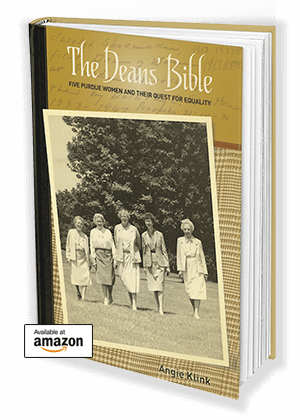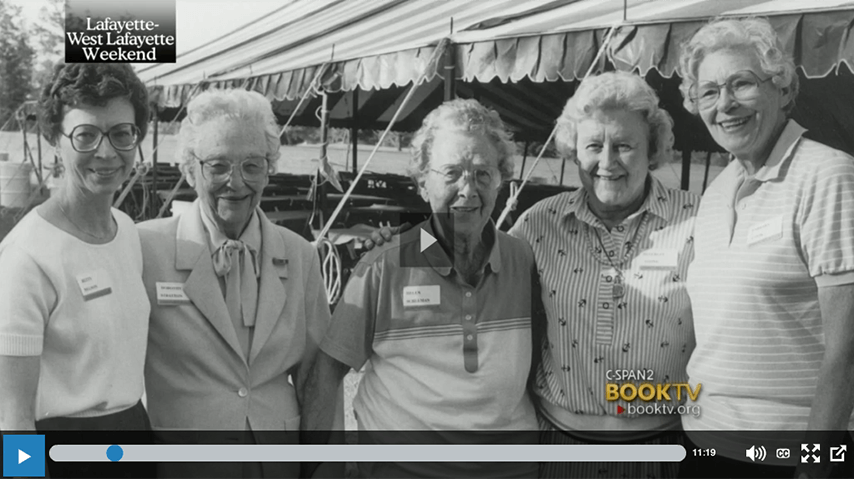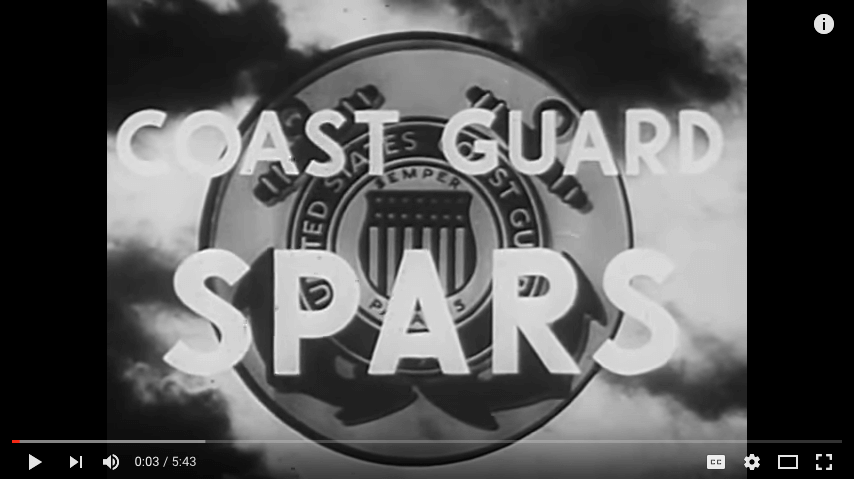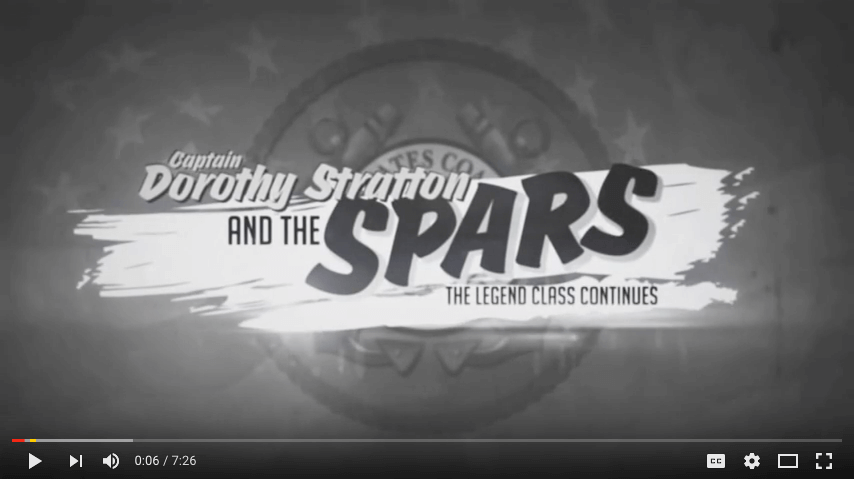The Deans' Bible
Five Purdue Women and their Quest for Equality
 The Deans’ Bible: Five Purdue Women and Their Quest for Equality is the story of a succession of deans who struggled for women to have an education equal to that of men on a college campus in America’s heartland throughout the twentieth century. Often thwarted by the male administration, the female deans worked persistently to advocate for women in the shadows, behind closed doors. Through engaging narrative, The Deans’ Bible reveals the untold stories of these women’s battles and accomplishments.
The Deans’ Bible: Five Purdue Women and Their Quest for Equality is the story of a succession of deans who struggled for women to have an education equal to that of men on a college campus in America’s heartland throughout the twentieth century. Often thwarted by the male administration, the female deans worked persistently to advocate for women in the shadows, behind closed doors. Through engaging narrative, The Deans’ Bible reveals the untold stories of these women’s battles and accomplishments.
The Deans’ Bible is biography, women’s history, US history—a guidebook on leadership, integrity, and grace. It opens doors to a variety of discussion topics that are relevant for women and men today—the call for more women in administrative positions, equal pay for equal work, equality in higher education, the example of women helping other women, and the courage to wear the mantel of inclusion, regardless of gender, sexual orientation, color, or physical disability.
Dorothy C. Stratton, Helen B. Schleman, M. Beverley Stone, Barbara I. Cook, and Betty M. Nelson became conduits for change fostering opportunities for all people. They were loved by students and revered by colleagues. As a symbol of their shared profession and rare, intertwined friendship, they handed down—from dean to dean—a secret Bible.
The deans were not particularly religious. The Bible was a symbol. Purdue University’s first part-time dean of women, Carolyn Shoemaker, passed away unexpectedly in 1933. Dorothy C. Stratton was hired as Purdue’s first full-time dean of women and moved into Shoemaker’s desk. In the dark recesses of a drawer, Stratton found Shoemaker’s Holy Bible. She kept it there. It emitted a quiet power.
The Deans’ Bible, excerpt, page 35:
Dorothy climbed to the top of Fowler Hall carrying a box of her workplace goods and discovered that the Office of the Dean of Women was more like the Closet of the Dean of Women. The room was about six-by-eight feet. Tucked away from the accesses of student life, it was a tiny room about to be inhabited by a world of a woman. Dorothy set about moving her files and papers into her new desk. Someone had been given the task of emptying the desk after Carolyn’s sudden death. As Dorothy began to arrange pens and paperclips, she opened a drawer and found in its shadowy recesses a book.
Dorothy pulled the book from the drawer, feeling the nubby texture of the cover; the scent of leather preceded the exhumation. It was a Bible. She thumbed through the soft, India paper. The title page indicated that the Bible was a 1901 standard edition, “Translated out of the original tongues.” Dorothy thought of her predecessor, whom she had never met but had heard mentioned with great reverence.
Was the Bible inadvertently left inside of Carolyn’s desk? Or did the person with the unpleasant task of clearing elect to leave the testaments for the next dean of women?
As the daughter of a Baptist minister, Dorothy was no stranger to the Holy Bible. An analytical thinker, she had her questions regarding its stance on such topics as women and their place. She wrote in 1971 letter, “Aside from the Adam and Eve story, Paul has done more to set back the progress of women than almost any other person. Many people are greatly influenced by Bible references. Probably, we all are, even though unconsciously.”
Dorothy placed the Bible back into the drawer and continued her task of cultivating the Office of the Dean of Women.
When Helen Schleman was named the next dean of women, Stratton pulled the Bible from her drawer, wrote her name, favorite Bible passage and date in the front matter, and passed to her successor what would become a symbol of their mutual calling. And so it went. The holy tome was secretly passed from dean to dean until 2013—the 100th anniversary of the year Carolyn Shoemaker was named Purdue’s first dean of women—when it was presented to Purdue University Archives for preservation. The Bible remains there wrapped in archival paper tucked inside an acid-free box. Emitting a quiet power.
During the 1930s, aviatrix Amelia Earhart and renowned engineer of Cheaper by the Dozen fame Lillian Gilbreth taught at Purdue; both became lifelong friends with Dorothy Stratton and Helen Schleman. Their connections to the deans are a fascinating thread throughout The Deans’ Bible.
The deans were respected throughout the United States as founding leaders of the World War II Women’s Reserve of the US Coast Guard SPARS and the Navy WAVES. Their World War II experiences cemented their beliefs that women could do anything and set the foundation for their tenures as deans of women and deans of students.
The Deans’ Bible is skillfully crafted with the backdrop of the times as another “character” in the story: The “picture-perfect” 1950s; the tempestuous sixties; and the seventies with women’s liberation, Title IX, and the changing climate for those with disabilities. The book sails into the twenty-first century with an account of First Lady Michelle Obama commissioning a Coast Guard Cutter in honor of SPARs Captain Dorothy Stratton. Today, the Cutter Stratton protects the United States shoreline.
The word bible in lowercase means “guidebook.” The Deans’ Bible is just that, brimming with courageous women who led by example and lived by their convictions.



